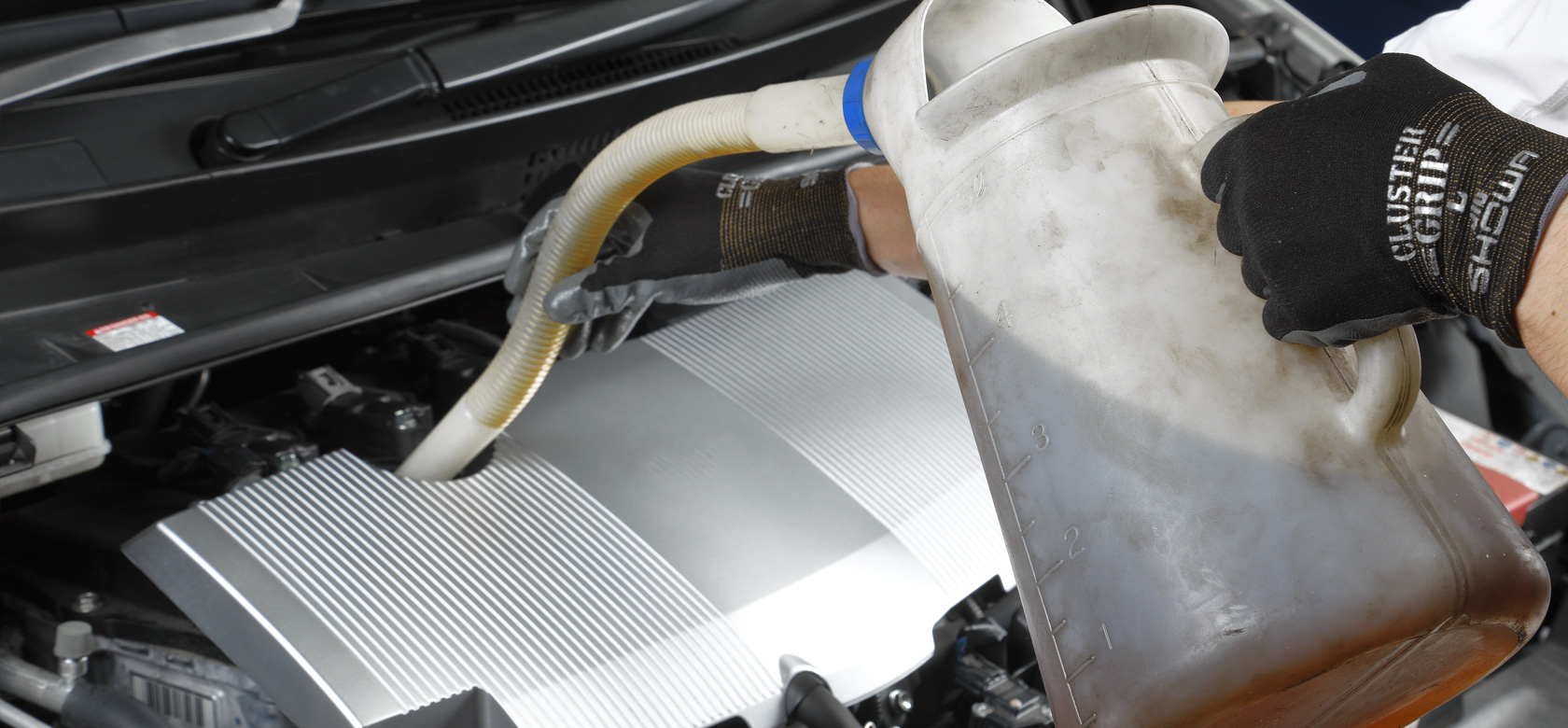Introduction
Many car owners wonder, “How can I keep my car running smoothly for years to come?” or “How do I ensure my engine stays in good condition?” A key part of achieving this is by regularly changing your car’s oil.
In this article, we’ll break down why oil changes are so important, how often you should do them, and some simple tips to help extend the life of your vehicle.
1. Why Are Oil Changes So Important?
What Happens If You Don’t Change Your Oil?
Engine oil acts as a lubricant, allowing the various parts of your engine to move smoothly. If the oil gets dirty, its ability to lubricate diminishes, leading to increased wear and tear on the engine’s components. In extreme cases, neglecting oil changes can cause engine failure, resulting in costly repairs. So, regular oil changes are essential for keeping your car in good condition.
The Role of Oil in Prolonging Engine Life
Oil also helps cool the engine and cleans away the debris and particles generated during combustion. When the oil becomes old or contaminated, its cooling efficiency drops, increasing the risk of engine overheating. Over time, this stress can shorten the engine’s lifespan.
2. How Often Should You Change Your Oil?
General Guidelines
So, how often should you change your oil?
In general, it’s recommended to change your oil every 5,000 to 10,000 kilometers (about 3,000 to 6,000 miles) or approximately every six months. However, this can vary depending on your driving habits. For example, frequent short trips or regular highway driving may require more frequent oil changes.
Tips to Remember Oil Changes
To ensure you don’t forget, set a reminder on your phone or mark your calendar for your next oil change. You can also combine oil changes with other routine maintenance tasks, like your annual vehicle inspection or tire rotation.
3. Can You Do Your Own Oil Changes? The Benefits
How to Change Your Oil Yourself
Changing your oil is one of the more straightforward car maintenance tasks that many people can do themselves. It involves draining the old oil, replacing the oil filter, and filling up with new oil. If you’re new to this, there are many online tutorials and videos that provide step-by-step instructions.
The Advantages of Doing It Yourself
One of the main benefits of doing your own oil changes is the cost savings. Typically, an oil change at a garage or service center involves both the price of the oil and a labor fee. By handling it yourself, you only pay for the oil, which can save you significant money over time—anywhere from hundreds to even thousands of dollars per year.
4. Other Tips for Extending Your Car’s Lifespan
Extend Your Engine’s Lifespan with These Tips
In addition to regular oil changes, there are a few other simple things you can do to keep your car running smoothly for years to come. Here are a few key tips:
- Check Your Tire Pressure Regularly
Low tire pressure can hurt your fuel efficiency and cause your tires to wear out faster. Make it a habit to check your tire pressure once a month. - Replace Your Air Filter
A clogged air filter can reduce engine performance. Make sure to replace it at least once a year or as recommended in your car’s manual. - Use Fuel Additives
Fuel additives can help keep your engine clean by reducing carbon build-up inside. Using them occasionally can contribute to better engine health and longevity.
Conclusion
To keep your car in great shape for as long as possible, regular oil changes are crucial. By staying on top of your oil change schedule, you help protect your engine and avoid costly repairs. Whether you choose to do it yourself or have a professional handle it, maintaining clean and fresh oil is a simple but effective way to extend your vehicle’s lifespan.
Don’t forget that a well-cared-for car not only lasts longer but also performs better, ensuring a safer and more enjoyable driving experience. Keep your car in top shape by making oil changes a part of your regular maintenance routine!
Final Thoughts
While oil changes might seem like a small task, they are one of the most important things you can do to take care of your car. We hope this article has helped you understand the significance of keeping your engine oil fresh and how it contributes to a longer-lasting vehicle. Now that you know the key points, be sure to stay on top of your oil change schedule and give your car the care it deserves!









Comments